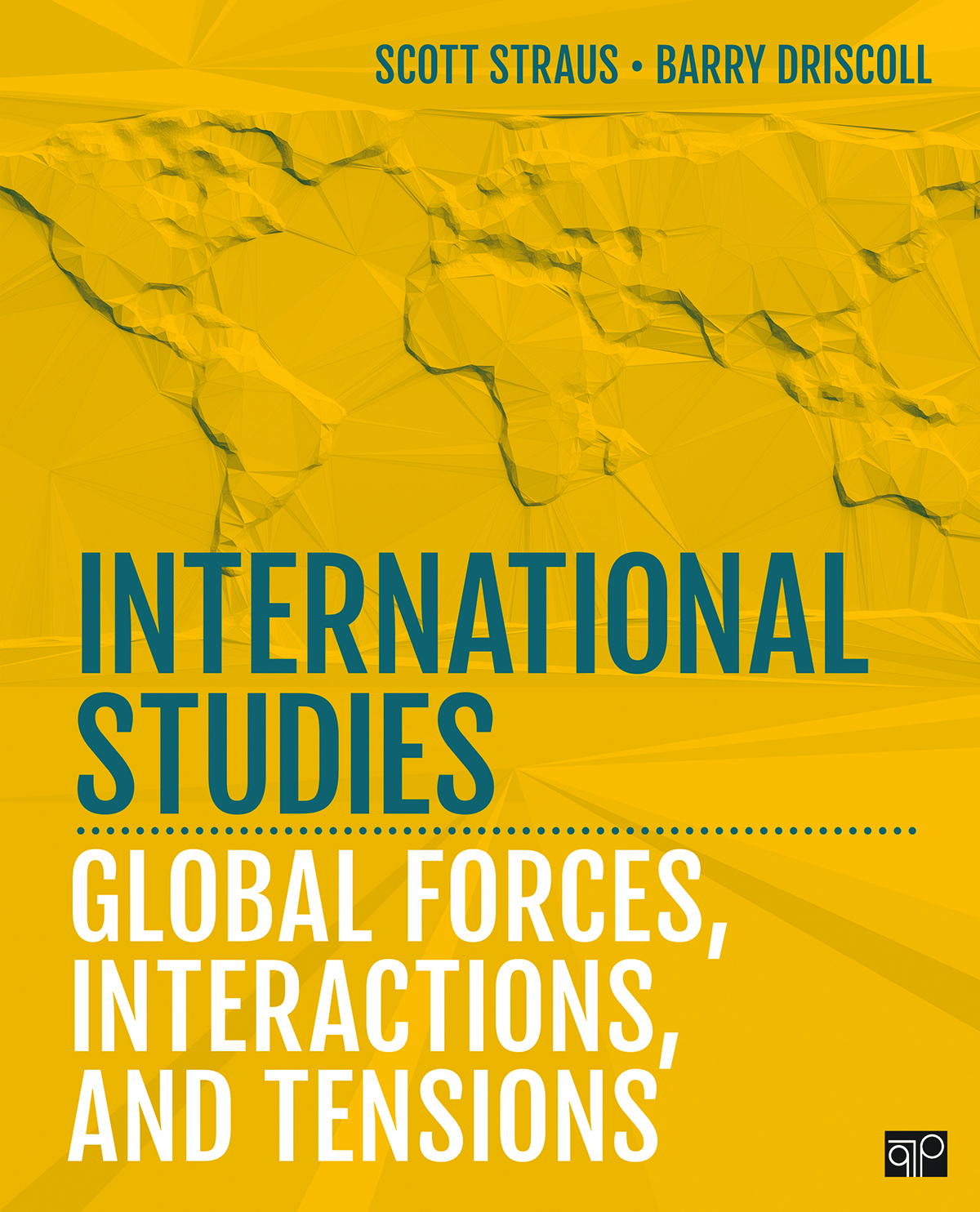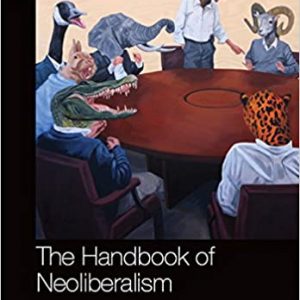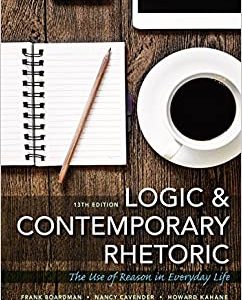The challenge of teaching international studies is to help you think coherently about the multiple causes and effects of global problems. In International Studies: Global Forces, Interactions, and Tensions, award-winning scholars Scott Straus and Barry Driscoll give you a clear framework that pinpoints how key factors-forces, interactions, and tensions-contribute to world events, with both global and local consequences. The authors first show you how to look for common patterns in global issues by introducing four world-shaping forces: global markets, shifting centers of power, information and communications technologies, and global governance. They systematically trace how these forces prompt interactions among world actors and thus give rise to a set of tensions that spur key challenges. The framework enables you to ask and answer for yourself-Who is interacting? Where did such interactions develop? What policies or institutions govern them? Why are they getting certain global and local reactions?? You are then apply the framework to the global problems that matter most to you: human rights abuses, economic inequality, terrorism, forced migration, pandemics and global health responses, climate change, food security, and more. International Studies raises the bar for the Introduction to IS course, moving beyond interdisciplinary, and into the realm of critical analysis to increase student relevancy and motivation.
International Studies: Global Forces, Interactions, and Tensions 1st Edition by Scott Straus and Publisher CQ Press. Save up to 80% by choosing the eTextbook option for ISBN: 9781544344270, 1544344279. The print version of this textbook is ISBN: 9781452241197, 1452241198.











